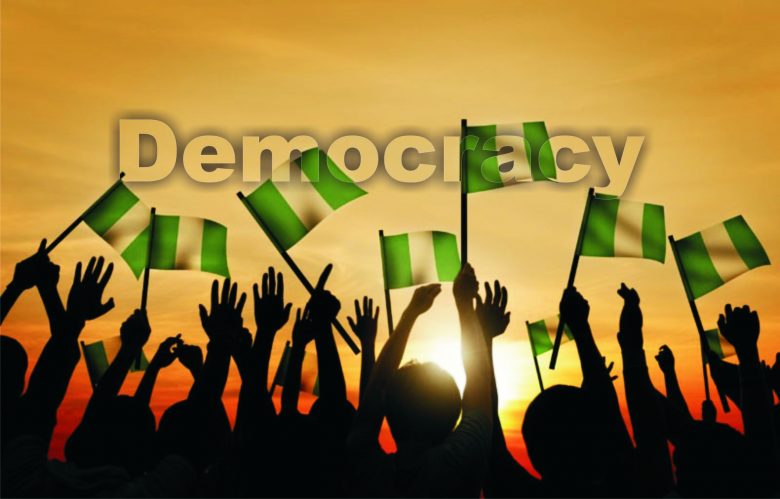The recent TikTok calls for a military takeover in Nigeria because of the country’s economic difficulties are extremely unsettling and could lead to instability. Military intervention is not a solution that is consistent with democratic norms or the rule of law, even though the current economic and security challenges have further pushed many Nigerians into poverty.
The military doesn’t solve issues; it makes things worse. The most detrimental effect of the first coup d’état on January 15, 1966, was replacing a unitary system with federalism. The military exacerbated the political chaos by first establishing 12 states from four regions; today, the nation has 36 states, most of which are bankrupt.
Additionally, coups occurred in August 1985 and December 1983. Only in 1999 did Nigeria revert to democracy. After the country’s ongoing insecurity, the military had previously disclosed that pressure for a takeover of the government was coming from unidentified sources.
The country’s numerous problems, including poor human development, instability, corruption, weak national institutions, and economic mismanagement, are mostly the result of protracted military control. As a result, it is unable to address the nation’s security or development problems.
Authoritarianism is usually enforced by military regimes, which also repress political opposition, civil rights, and freedom of expression. This may lead to pervasive violations of human rights, corruption, and a lack of openness in governmental institutions.

Nevertheless, the existing political leadership needs to take greater action to protect democracy by tackling the underlying issues that could result in a violent coup. It is essential to establish robust, open, and accountable democratic institutions. A thriving civil society, an independent judiciary, free and fair elections, and strong checks and balances on executive power are all part of this.
The government must equally uphold the rule of law and ensure that all individuals, including members of the military, are subject to the same legal standards. This helps prevent the impetus for coups and reinforces the principle that political change must occur through constitutional means.
Ultimately, addressing socioeconomic inequalities and poverty and unemployment can help mitigate grievances that may fuel support for coups. Investing in education, healthcare, infrastructure, and job creation programmes can promote social stability and reduce the appeal of military intervention as a solution to societal problems.
To keep marginalised communities from using military force as a form of redress, it is equally necessary to encourage inclusive democratic procedures and communication among varied stakeholders. Stability and national unity depend on ensuring that all facets of society can participate in political decision-making and have a voice in government.
In democratic settings, civil society, which includes political parties, advocacy organisations, and the media, is essential to holding governments responsible and promoting constructive change.
A more robust democratic system that is less vulnerable to military takeovers can be achieved by the political leadership by tackling the issues that citizens face and the socioeconomic causes of anti-national sentiments. All parties involved in this process must, however, maintain their commitment throughout time.
To quell agitations for a military takeover, the current administration needs to put a lot of effort into proving that the public trusts it. This can be achieved by implementing policies or programs that could provide relief to the struggling people.


